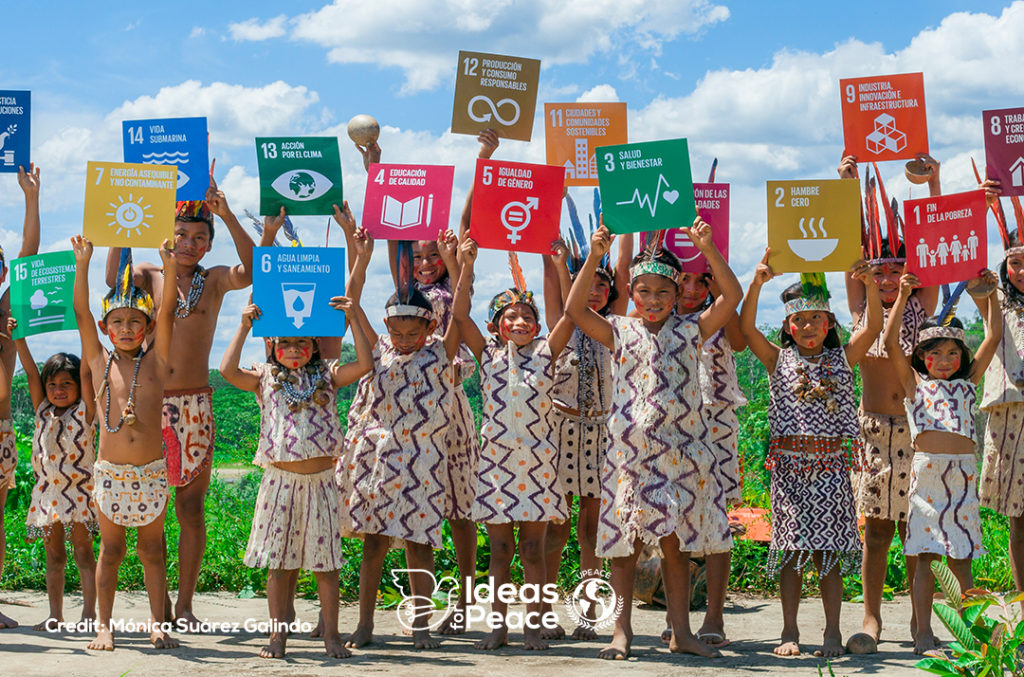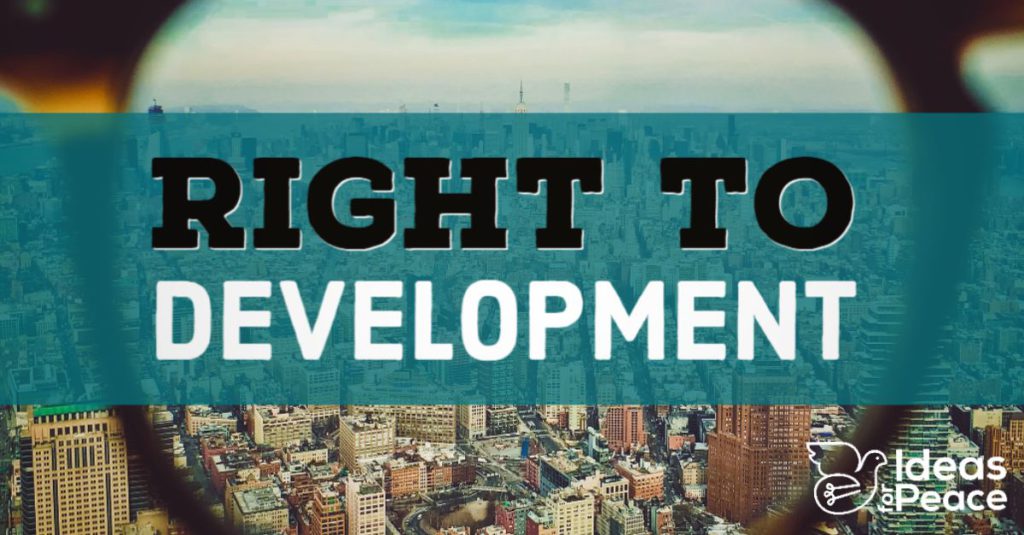Environment and Development in Northern Portugal: The Conflicting Equation

The Lithium issue in Portugal is becoming all the more crucial since a pandemic suspended all activities around the world earlier this year. While one could hope for the Portuguese government to adjust their capability approach considering preservation of their heritage, it is likely that the environmental variable will be forgotten in order to urgently maintain the economy of the entire country.
Operationalizing SDG’s through Legally Binding Instrument on Right to Development

Sustainable development requires the adoption of an international legal framework that guarantees the Right to Development, in this article Manveer Singh Sandhu discusses how it can be adopted
Ideas for Peace from Dr. Melania Guerra

An interview with Melania Guerra to discuss the future of environmental diplomacy, education, and sustainable development
Non-Governmental Organizations, The Two-Edged Sword for Peace and Development: The Case of Karamoja Region

Non-Governmental Organizations, The Two-Edged Sword for Peace and Development: The Case of Karamoja Region Author: Wyclife Ong’eta, and Salome Nyambura Translated into Spanish by Sylvia Cespedes Introduction Over the past 100 years relatively more NGOs have tended to operate in fields that are also of great concern to national governments, for example, economics, finance, commerce, peace, […]
Ideas for Peace Series – Right to Development

This is the 15 publication of the Ideas for Peace Series “Towards a Legally Binding Instrument on the Right to Development” it was written by Dr. Mihir Kanade and it seeks to explain the overall context for the adoption of an international biding treaty to ensure this right
A Little Goes a Long Way
A Little Goes a Long Way Author: Peter Krupa Originally Published at Peace and Conflict Monitor on: 11/03/2005 “Finish your dinner,” our mothers would say. “There are children starving in Ethiopia who would be thrilled to eat that.” The reply from many a smarmy 9-year-old was, “Then why don’t you send it to them?” […]
Cell phones make Peace?
Cell phones make Peace? Author: Simon Stander Originally Published at Peace and Conflict Monitor on: 03/14/2005 All sorts of proposals have been made to drag warring nations out of violent conflict, especially in Africa, and ensure that the ensuing peace brings dividends in the form of increased welfare. Very generally speaking poverty is bad, […]
Legal Corruption: the Cause of the Global Economic Crisis?
The multi-million dollar bonuses that American International Group (AIG) is handing over to nameless “executives”, after accepting billions in US taxpayer bailout money is, understandably, causing a great deal of alarm in the media and American public in general.
This massive misallocation of wealth, and the government’s inability or unwillingness to prevent it, is exposing a system of “legal corruption”. As Errol P. Mendes explains, the ability of economic elites to influence the political oversight and regulation of their activities through lobbying led directly to the current economic crisis.
Mendes concludes with a call to fiscal responsibility, a concerted effort to root out corruption (including so-called “legal corruption”), and some way to encourage ethical behaviour among elites.
Profit Meets Self-reliance
C.K. Prahalad, The Fortune at the Bottom of the Pyramid: Eradicating Poverty Through Profits, Wharton School Publishing, 2005, ISBN 0-13-146750-6, pp. 401 plus CD
Sri Lanka: a plea for democracy
Sri Lanka: a plea for democracy Author: Sie Kathieravealu Originally Published at Peace and Conflict Monitor on 01/16/2009 In Sri Lanka, the trouble started due to discrimination and injustice and continues due to bribery and corruption. These may be the reasons for troubles in other countries too. Current wars have to be ended and new […]
